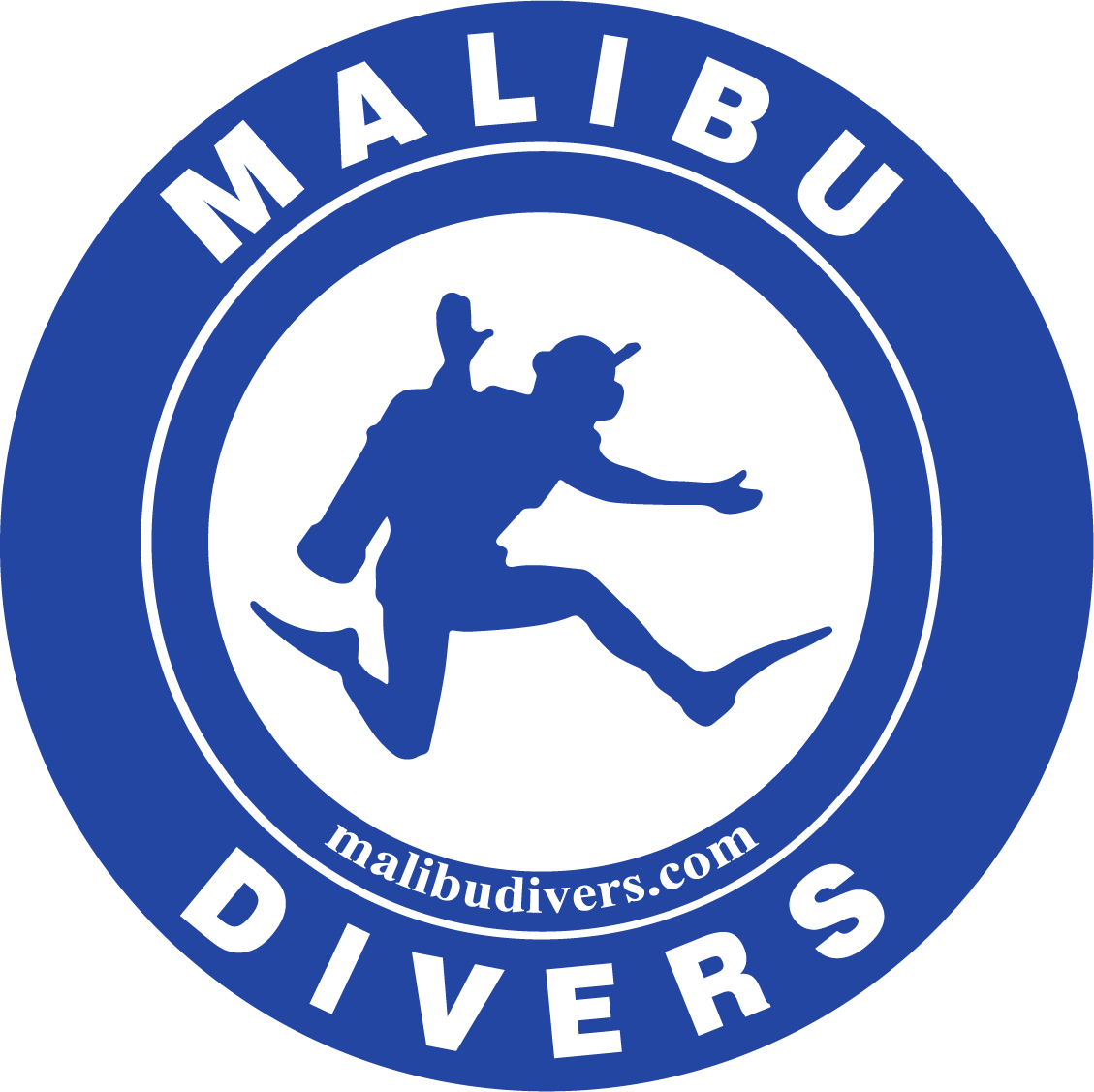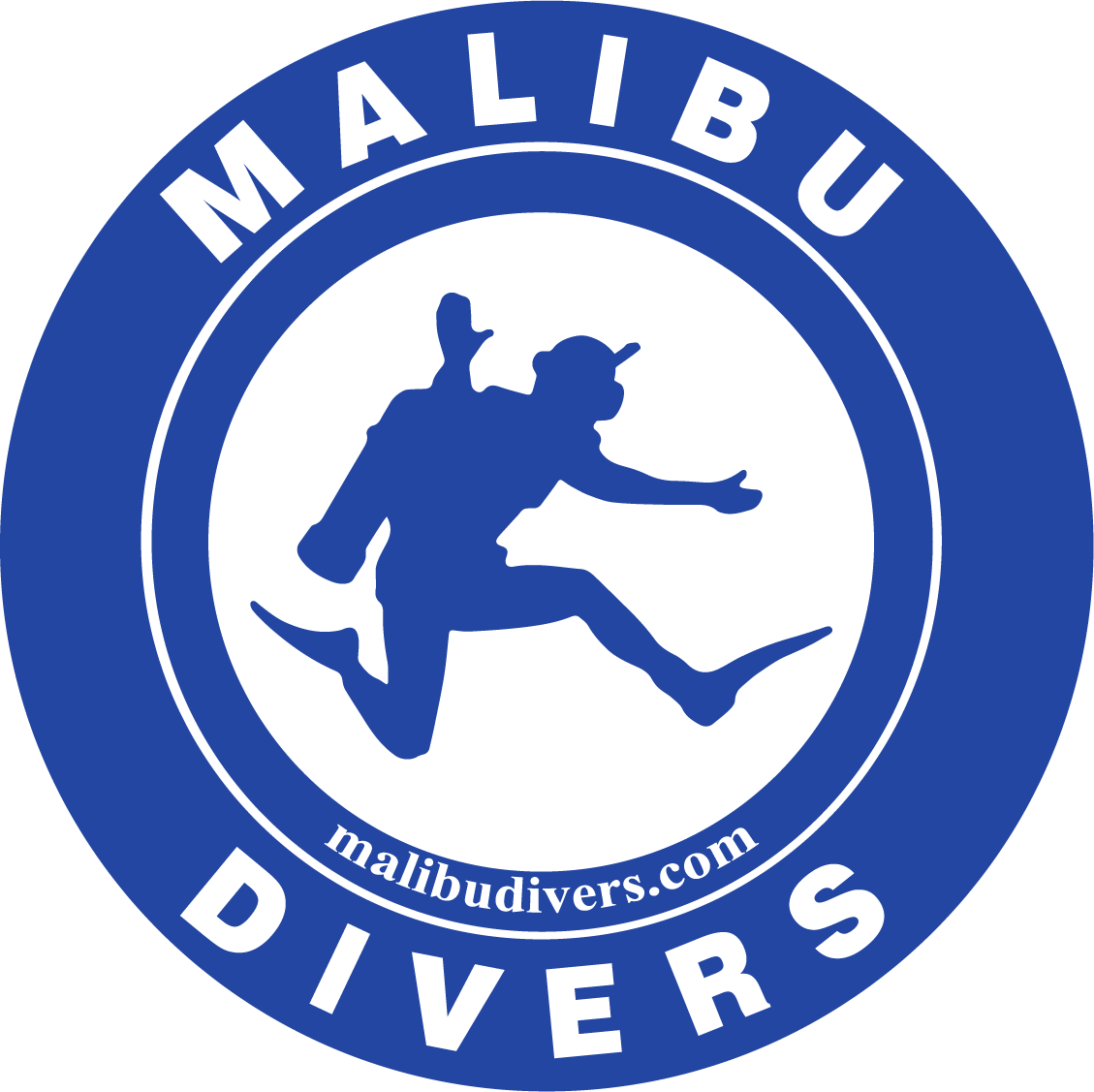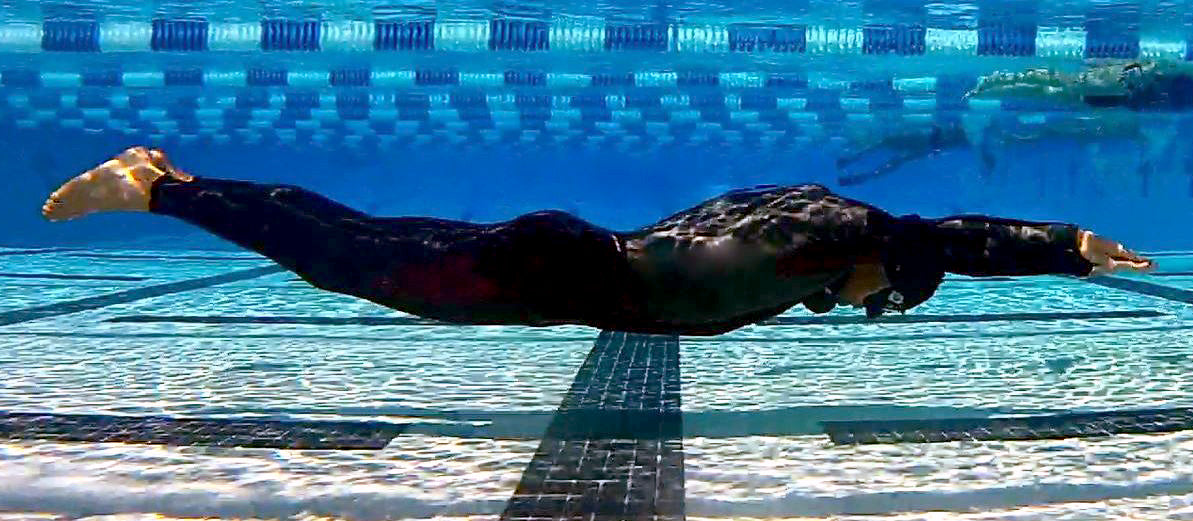A new kind of challenge you may be looking for.
Los Angeles, CA – April 19, 2021 (Updated April 30, 2014)
Anyone who has ever watched a nature documentary about whales or dolphins knows that they dive deep and that they can stay submerged for a very long time, but did you know that marine biologists recently documented a dive by a beaked whale that lasted over three (3) hours and 42 seconds? Pinnipeds, think harbor seals or walrus, can stay underwater for up to half an hour. Elephant seals have been known to dive for about two hours.
Anyone who has ever watched a nature documentary about whales or dolphins knows that they dive deep and that they can stay submerged for a very long time, but did you know that marine biologists recently documented a dive by a beaked whale that lasted over three (3) hours and 42 seconds? Pinnipeds, think harbor seals or walrus, can stay underwater for up to half an hour. Elephant seals have been known to dive for about two hours.
Research on how they do it, has to do with these mammals evolving to " have positively charged oxygen-binding proteins, called myoglobin, in their muscles." Further, "this positive characteristic allows the animals to pack much more myoglobin into their bodies than other mammals, such as humans—and enables diving mammals to keep a larger store of oxygen on which to draw while underwater." Some researchers speculate that some humans may have more myoglobin from societies with a history of diving behavior to see if they show similar changes in their oxygen-binding protein. By the way, when there is more myoglobin content in meat, the darker red it will appear in color. Myoglobin content is higher in beef and lower in poultry with lamb and pork having intermediate amounts. The age of an animal will also impact the myoglobin content of the muscles with older animals having more myoglobin and darker meat.


Makes the few seconds that most of us can manage to hold our breath seem pretty lame, doesn’t it?
There are a group of hardy souls though, that aspire to make their time in the water as close to what whales and dolphins experience: the freedivers. Freediving is not a new sport, existing since ancient times, although it was more of a commercial endeavor then. In ancient Greece, divers harvested sponges. In Japan about 2000 years ago, pearls were harvested by talented Ama divers who were exceptionally skilled in holding their breath for extended periods.
Freediving is a form of underwater diving that relies on the diver's ability to hold their breath, instead of using a breathing apparatus, like scuba. Most of us have experienced freediving when we were kids in the deep end of the local pool, diving for rings or locker room keys on the bottom, but how many people can say that they have been out in the ocean with only their own skill and endurance to rely on? Like scuba, freediving is a skill to be learned, but one that allows you to have the most natural experience while you are underwater. Without the bubbles of scuba breathing, ocean creatures can be less frightened of you, and you will seem less of an intruder in their world. While decompression can still be an issue in extreme cases, most freedivers never reach those depths, nor do they want to, so some of the concerns that go with scuba are not a big part of a freedive.
Freediving does not mean that you dive without equipment at all--you may use wetsuits, fins, masks, and snorkels, depending on the underwater environment where you choose to dive. Many ocean dives require wetsuits for comfort and warmth. The equipment you choose will be up to you and your instructor. The freedive training will teach you to control your breathing, to manage your dive time, and how to prepare for your dive before you get into the water.
Summer is just a few short weeks away. Are you looking for a challenge above and beyond what you get when you scuba dive? Do you want to get in touch with a bit of history like the Greeks or Japanese Ama divers? Have you ever considered Freediving, For Fun?
Sound like the kind of challenge you're looking for this summer? We can help: our next class is May 15-16, 2021; contact us



Share:
HEART HEALTH AND DIVING
PRO SCUBA TRAINING FOR A CAREER YOU LOVE